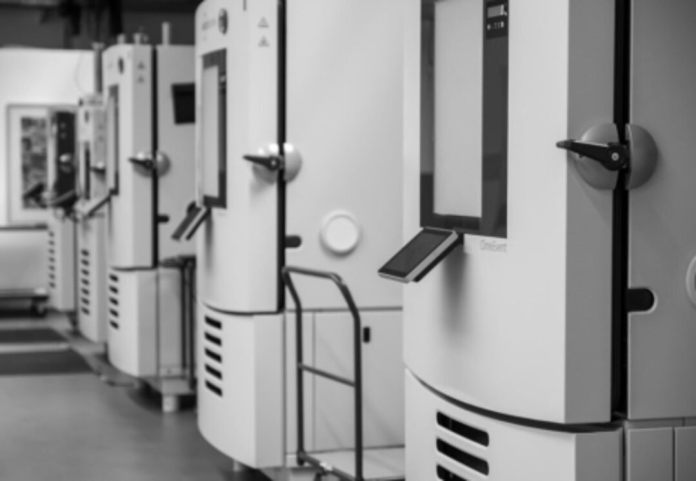The European Commission endorsed Germany’s position in rejecting calls to reopen the EU market to electrical switchgear containing potent fluorinated greenhouse gases (F-gases), escalating a dispute with France and supporting nations, according to Euractiv.
On Tuesday, France—backed by Estonia, Czechia, and eight other EU member states including Italy and Sweden—demanded an “urgent” review of EU rules governing high-voltage switchgear, essential components for power grids.
Current regulations favour Germany’s Siemens Energy, which produces F-gas-free alternatives, while mandating the phaseout of standard SF6-filled equipment by 2028. SF6 is a greenhouse gas 23,500 times more potent than CO2.
Irish Deputy Ambassador Cáit Moran underscored the practical challenges at an EU Council environment summit:
The supply chain constraints arising from this limited availability of alternative technologies could seriously impact our ability to achieve our decarbonisation targets.
The coalition argues that restricted access to SF6 alternatives could delay grid expansions crucial for renewable energy integration.
Germany firmly opposed reopening the debate, with Ambassador Helene Winter stating Berlin “cannot support the French document.” She warned that permitting SF6 alternatives would create new import dependencies, as substitutes require fluoronitrile gas no longer produced within the EU.
Climate Commissioner Wopke Hoekstra reinforced this stance, confirming no European chemical firms manufacture fluoronitrile. He ruled out regulatory changes, instead proposing a “sit-down with high-voltage grid operators” to resolve operational concerns.
The dispute highlights tensions between immediate decarbonisation infrastructure needs and long-term climate goals. While France’s coalition emphasises grid resilience, the Commission and Germany prioritise eliminating super-pollutants and avoiding reliance on foreign chemicals.
